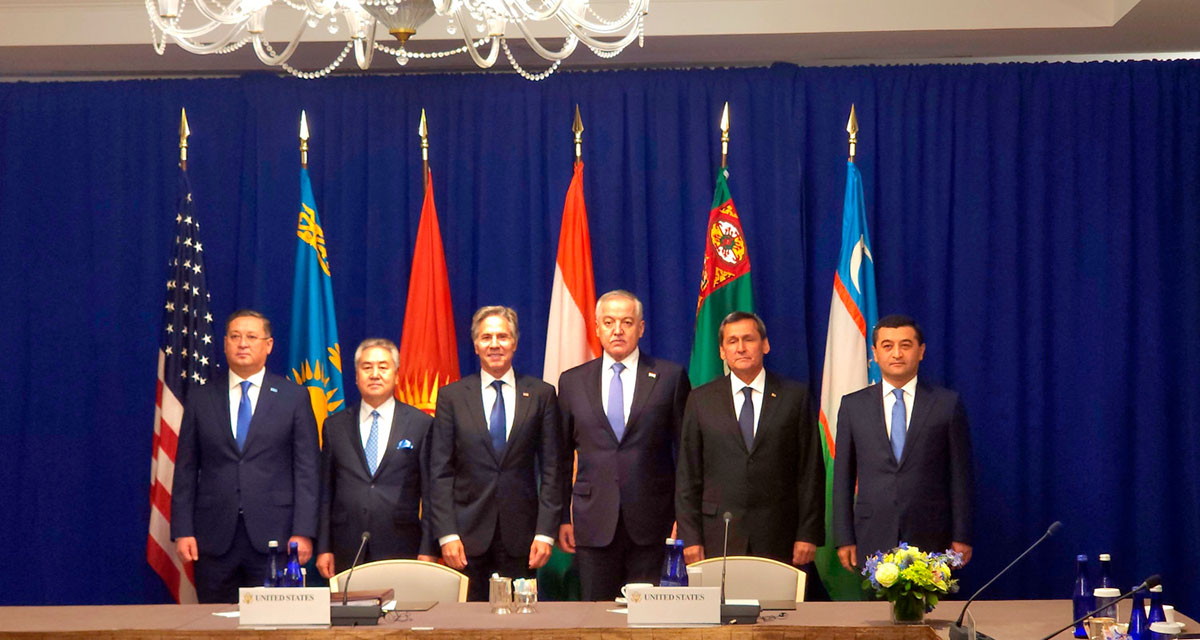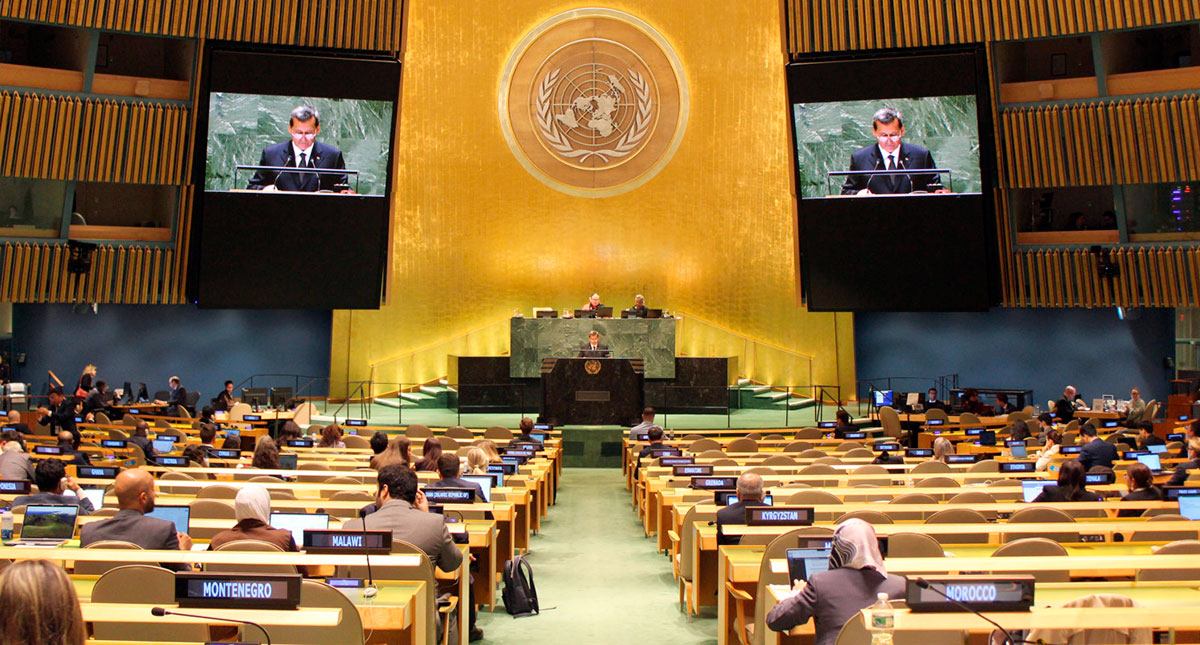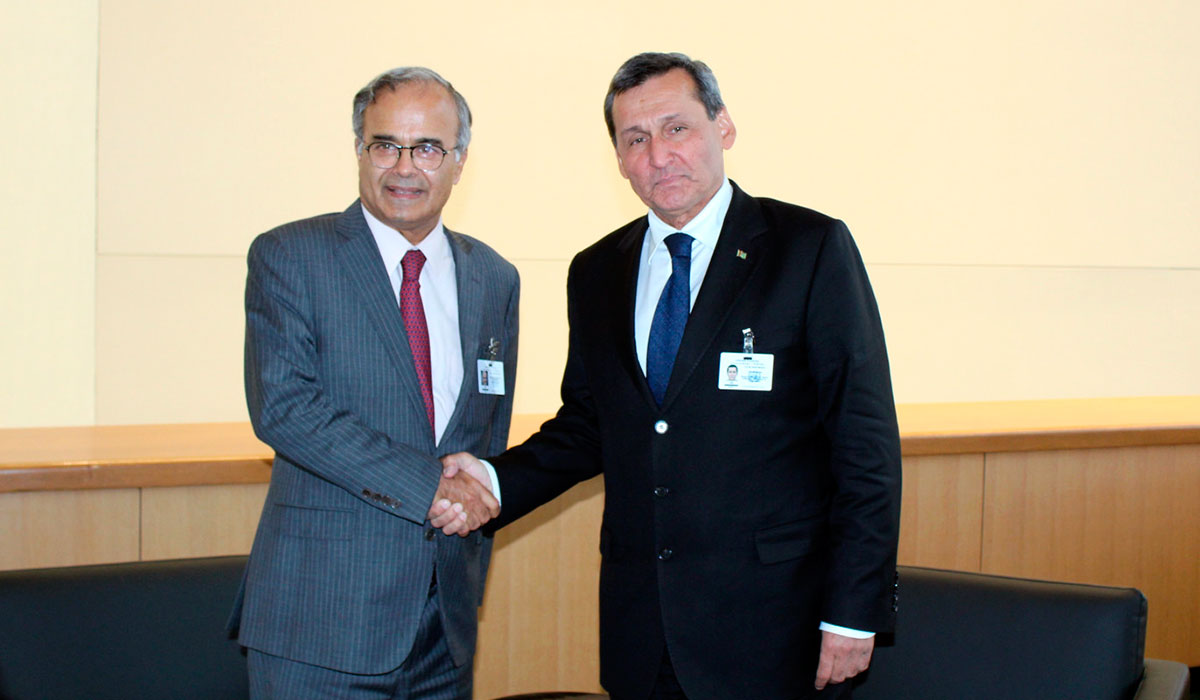The agenda of 3-day session included the issues of coordination of the draft Protocol on Cooperation in combating illegal extraction of biological resources (poaching) in Caspian Sea, which development was provided by the Agreement on Cooperation in Security in Caspian Sea signed at the III Summit of the Heads of Caspian States in Baku (Azerbaijan) in 2010.
Turkmenistan undertook the development of two protocols under this Agreement, one of which is the Protocol on combating poaching.
Having entered into force in 2014, the Agreement makes legal base for cooperation of competent authorities of the sides in such spheres as combating the terrorism, organized crime, illegal arms, narcotic drugs, smuggling, human trafficking and illegal migration, provision of navigation security. It provides the exchange of information and practices, meetings, consultations and other events as well as signing of relative protocols to this document.
Issues related to Caspian Sea take special place in foreign strategy of Turkmenistan. The initiatives of President Gurbanguly Berdimuhamedov proposed from the tribune of the United Nations General Assembly, the UN Global Conference Rio+20 as well as during five-sided Caspian summits confirm the commitment of our country too the course on efficient international partnership in the region.
Such important documents as the Agreement on Cooperation in Prevention of Emergency Situations in Caspian Sea and the Agreement on Protection and Rational Use of Biological Resources of Caspian Sea have been developed and signed by the proposal of Turkmen leader at the IV Summit of Caspian States in Astrakhan (Russian Federation) in 2014.
The Head of the State outlines the provision of ecological security and natural protection, protection of biodiversity of unique natural water resource, rational use of its reserves as special directions of regional cooperation. Our country offers new approaches to solution of existing and prevention of possible ecological problems in Caspian Sea in close cooperation with the neighbours and partners as well as with competent international organziations.
The Convention on Legal Status of Caspian Sea, Interstate Agreements on trade, economic and transport cooperation in Caspian Sea, on prevention of incidents developed by the initiative of Turkmenistan have been signed at the V Summit in Aktau (The Republic of Kazakhstan) in August this year. In addition, three Protocols to the Agreement on cooperation in security in Caspian Sea – in combating the terrorism, organized crime and cooperation of coast guard services, which are to give new dynamics to five-sided cooperation, have been signed.
Protocol on cooperation in combating illegal extraction of biological resources (poaching) in Caspian Sea, which was discussed by the experts at current session, is aimed at successful realization of joint efforts in this direction. During the meeting, each side made the proposals aimed at the solution of one of the most topical problems of natural protection sphere. At the same time, special attention was paid to protection and reproduction of sea fish resources, regulation of fishery activity. It was noted that only responsible and scientific approach would provide successful development of fishing industry in long-term perspective without harming fish stock in the region.
In his speech at the V Caspian Summit, the President of Turkmenistan noted the necessity of close coordination between intergovernmental authorities established by five Caspian states. During the work, the experts of five states discussed possible cooperation in implementation of the Protocol under the Commission on Protection, rational use of marine biological resources and control of reserves, which was established by the Agreement on Protection and Rational Use of marine biological resources of Caspian Sea.
Participants of the session spoke for the measures aimed at protection and augmentation of the biodiversity of Caspian Sea. Systematic monitoring of the condition of biological resources and marine environment of Caspian Sea, which is true pearl of the nature with exclusive flora and fauna, has been highlighted among topical objectives. Many species of flora and fauna, for example the Caspian seal, are the endemics and make unique gene pool of biological diversity of the region that has global importance. Sturgeon fish is among the most valuable inhabitants of the sea.
The initiatives of President Gurbanguly Berdimuhamedov on protection of ecosystem of Caspian Sea find unanimous support of the Heads of Caspian states. It is symbolical that ceremony of releasing of young sturgeon fishes to Caspian Sea took place during the summits with the participation of national leaders. These actions become an original indication of the commitment of coastal states to the course on constructive partnership, which priority is the cooperation for provision of ecological prosperity of Caspian Sea and rational use of its natural reserves.
It was highlighted at the meeting that only integrated approach and consolidated efforts of the world community in solution of global problems of the present including in environment protection, rational natural use, protection of biological diversity of Caspian Sea would provide real positive effect.
As an active participant of negotiation process on the subjects of diversified cooperation in the region, Turkmenistan steadily implements the strategy of long-term partnership based on common responsibility for the future of Caspian Sea.






